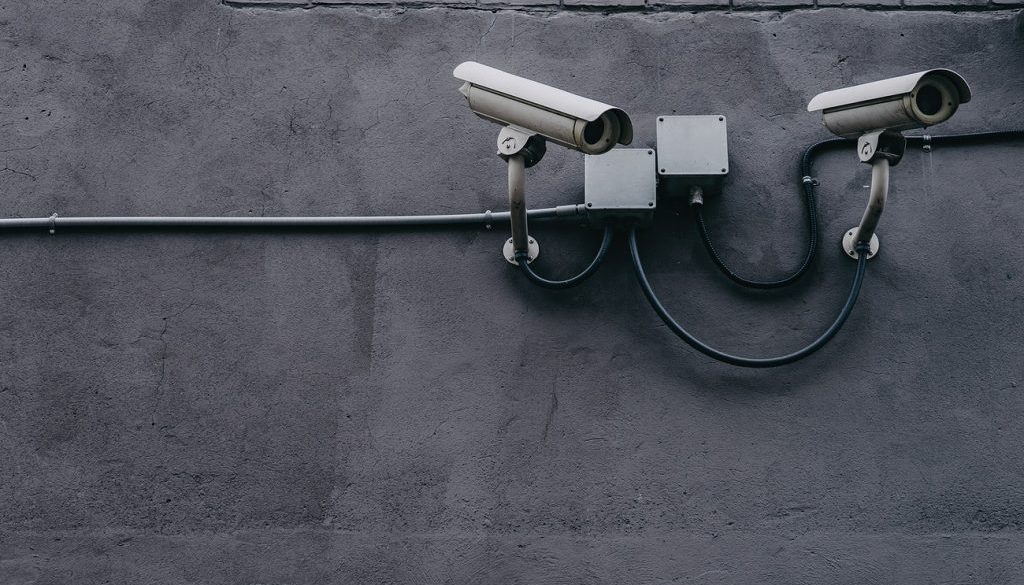Canada: Watchdog warns against Covid-19 tech tools which discriminate, stigmatise, or deny rights
On May 22, Canada’s Prime Minister Justin Trudeau announced that the government was working closely with Apple and Google on a Covid-19 contact-tracing app to assist curbing the transmission of the virus as restrictions are lifted.
It followed the launch of Canada’s first tracing app, ABTraceTogether, in the western province of Alberta on May 1.
Two weeks after the voluntary app’s launch, just 165,000 Albertans, less than four per cent of the population, had downloaded the app with some suggesting the app’s low uptake may have been largely due to privacy concerns.
Another Canadian tech solution, led by a prominent Canadian AI pioneer is a risk assessment app called Covi that will use machine learning to quantify risk for individuals and claims to help them make socially-responsible decisions about self-isolating and getting tested for Covid-19, while at the same time creating location-based and behavioural models for epidemiological use.
Privacy questions
This raises the same technical privacy questions as other machine-assisted models of contact tracing, but also engages serious questions around accountability and transparency in relation to AI applications, and exacerbates concerns regarding differential impacts for vulnerable populations.
Contact tracing apps, whether AI-driven or not, all raise significant equality issues that CCLA continues to highlight to policy-makers.
Without appropriate legal and policy safeguards, consider the dilemma of a front-line worker whose app tells her to stay home.
Without job protection, she might risk job loss in a time of high unemployment; without income support, she might not be able to pay her rent if she stays home in response to directions from the app.
Thermal cameras to scan people as they enter workplaces or buildings are also being considered in some parts of Canada.
Body temperatures
One Vancouver liquor store is using cameras reportedly created by Hikvision, a company which has been sanctioned by the US government for human rights abuses, to scan customers’ body temperatures as they walk into the store.
Other companies are using apps to track employees at work to notify staff if they’ve been in contact with someone who has tested positive for Covid-19 and, also, to ensure employees adhere to social distancing rules.
Canada’s federal and provincial privacy commissioners have issued guidance for contact tracing and other privacy-invasive technologies, but Daniel Therrien, the Privacy Commissioner of Canada, told a parliamentary committee that in order to be appropriately comprehensive, the guidelines exceed requirements in Canada’s current legal privacy regime.
These gaps between the measures needed to protect privacy and the law highlight CCLA’s long-standing calls for privacy law reform and leave people in Canada at risk in the current situation.
Canadian Civil Liberties Association (CCLA) is advocating against the use of data-driven initiatives in Canada which serve to discriminate, stigmatise, or deny fundamental rights to people in Canada.
It’s also taking part in public-speaking initiatives, lobbying Canadian government by making recommendations to parliamentarians, speaking with app developers in order to ask the right questions about rights protections, and monitoring concepts of immunity certificates and automated risk assessment. CCLA is also monitoring use of tech at workplaces in response to Covid and other private-sector spaces.
Pic: Rawpixel
(Labelled for non-commercial re-use)

